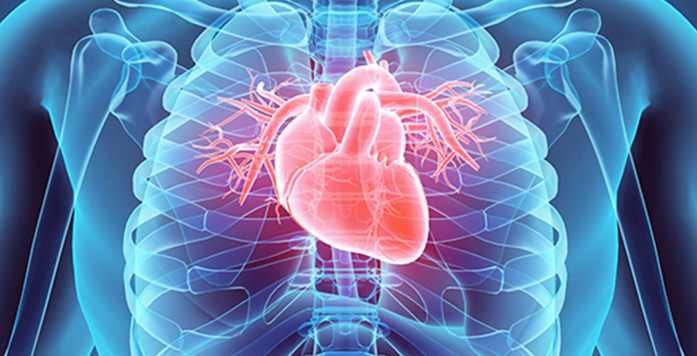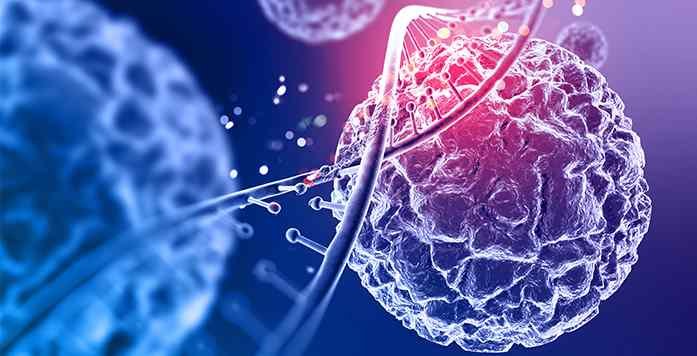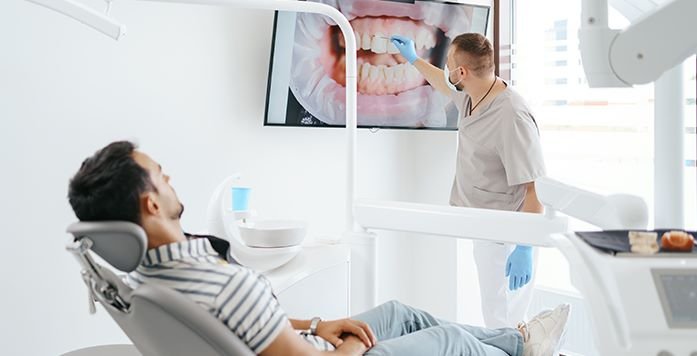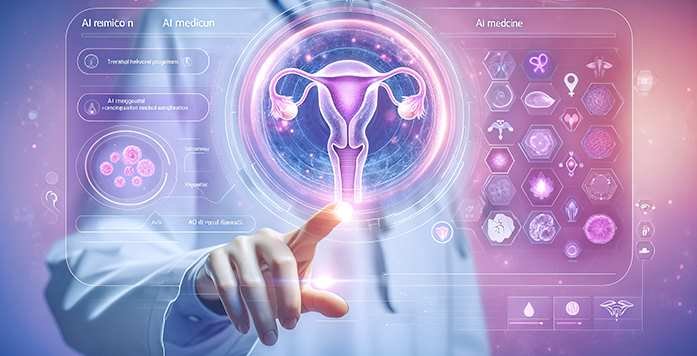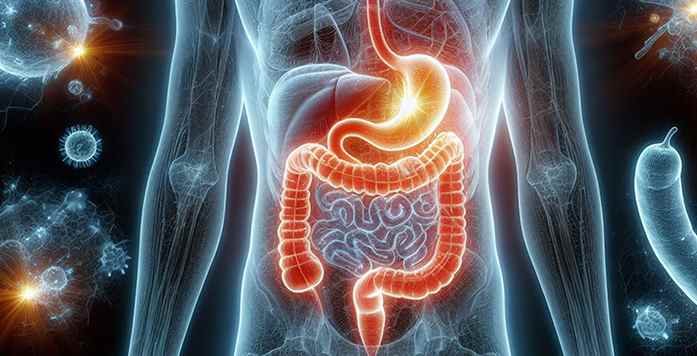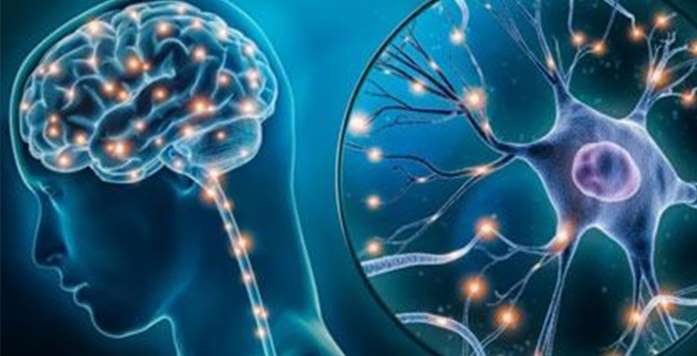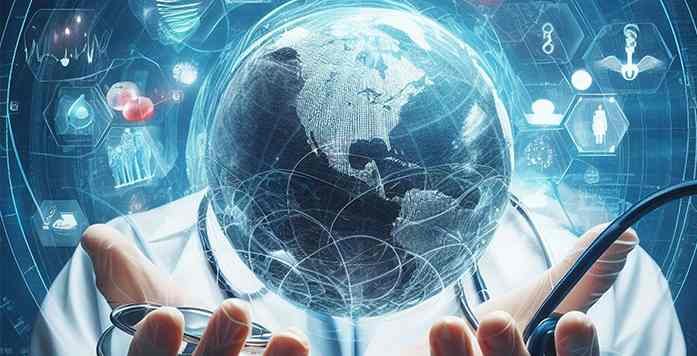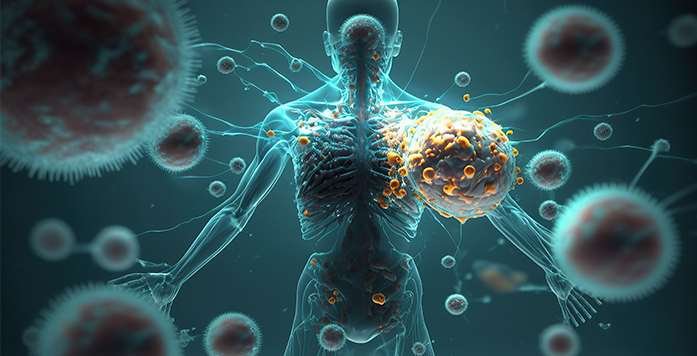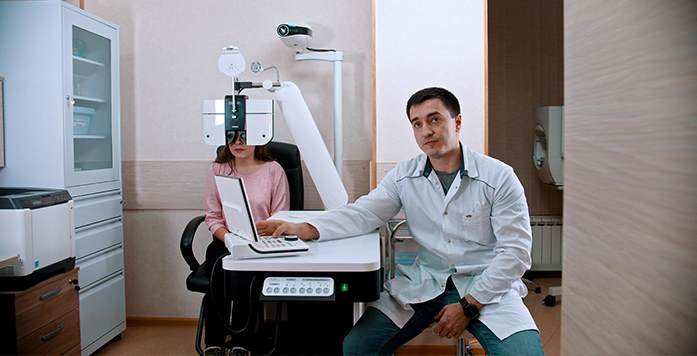Health Informatics and Technology
Health Informatics is a multidisciplinary field that utilizes information technology, data science, and healthcare knowledge to improve the quality, efficiency, and outcomes of healthcare delivery, research, and management. It focuses on the acquisition, storage, retrieval, and analysis of health data to support clinical decision-making, patient care, public health initiatives, and healthcare policy. Health Technology encompasses the application of technology, innovation, and engineering principles to improve healthcare delivery, patient care, medical diagnostics, treatment outcomes, and population health. It includes a wide range of technologies, devices, and systems designed to enhance clinical practice, support patient engagement, and promote wellness and disease prevention.
- Health Information Systems
- Health Data Standards and Interoperability
- Health Information Governance and Privacy
- Clinical Informatics
- Public Health Informatics
- Telehealth and Telemedicine
- Health Informatics Research and Evaluation
- Health Informatics Policy and Regulation
- Health Informatics Education and Training
- Innovations in Healthcare Technology
- Medical Devices and Biomedical Engineering
- Healthcare Data Analytics and Business Intelligence
- Healthcare Robotics and Automation
- Digital Health Platforms and Mobile Health (mHealth)
- Healthcare Infrastructure and IT Systems
- Interoperability and Integration of Health Technologies
- Patient Engagement and User Experience
- Ethical and Societal Implications of Health Technology
- Health Technology Adoption and Implementation



